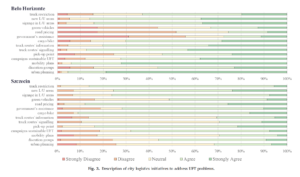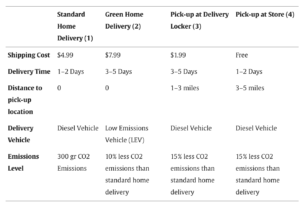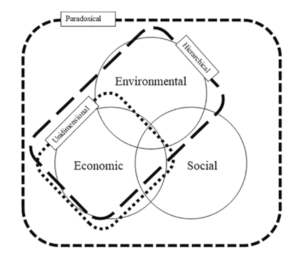Research: the perspective of citizens is crucial for urban and transportation planning.

The perspective of citizens is crucial for urban and transportation planning. Urban freight transport plays a vital role in cities by ensuring the delivery of goods and services to meet stakeholder demands. However, it also presents challenges like congestion, parking shortages, pollution, and freight-related accidents. A recent study applies partial least squares structural equation modeling …









